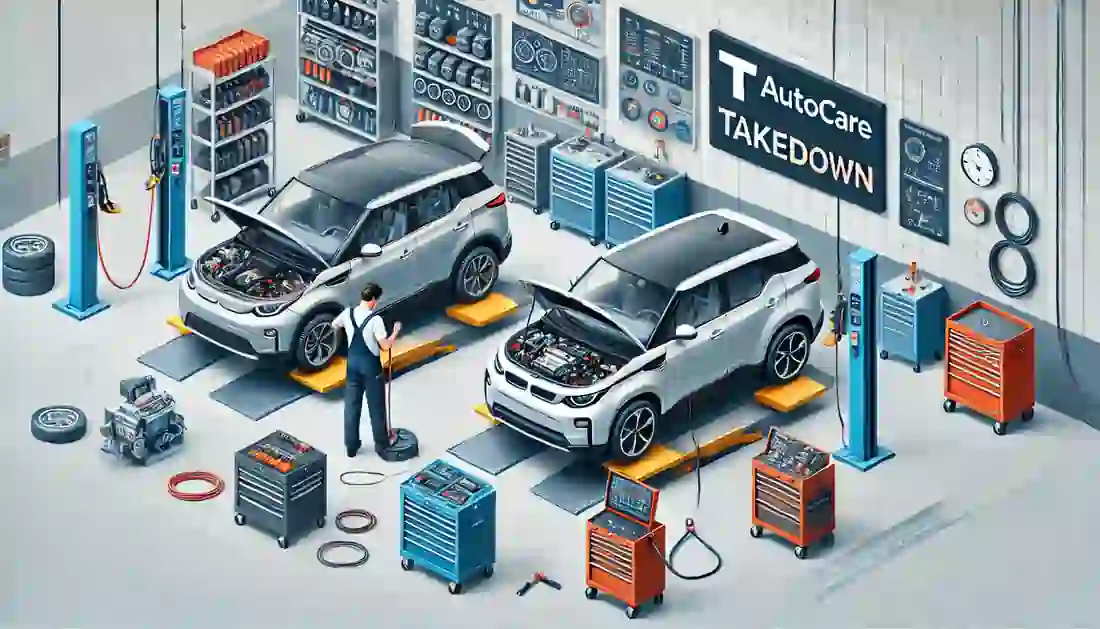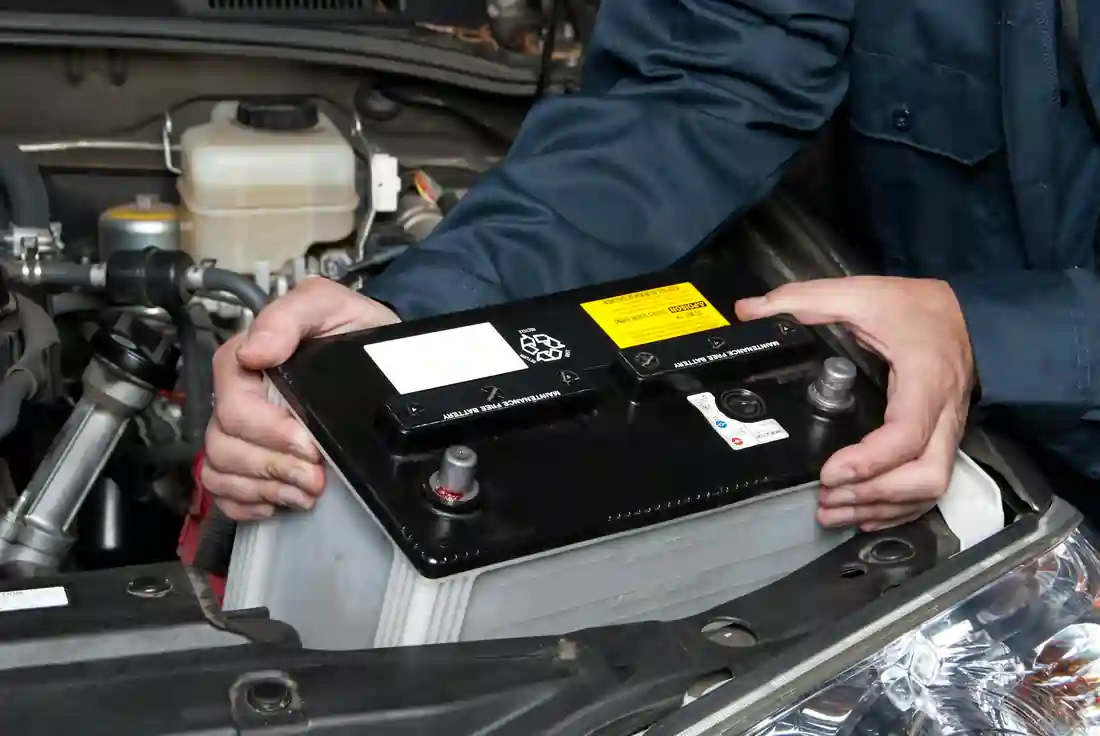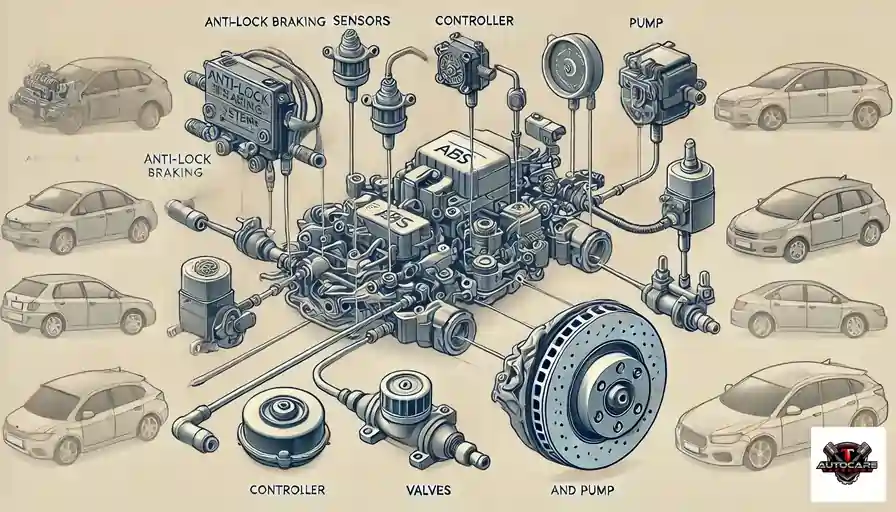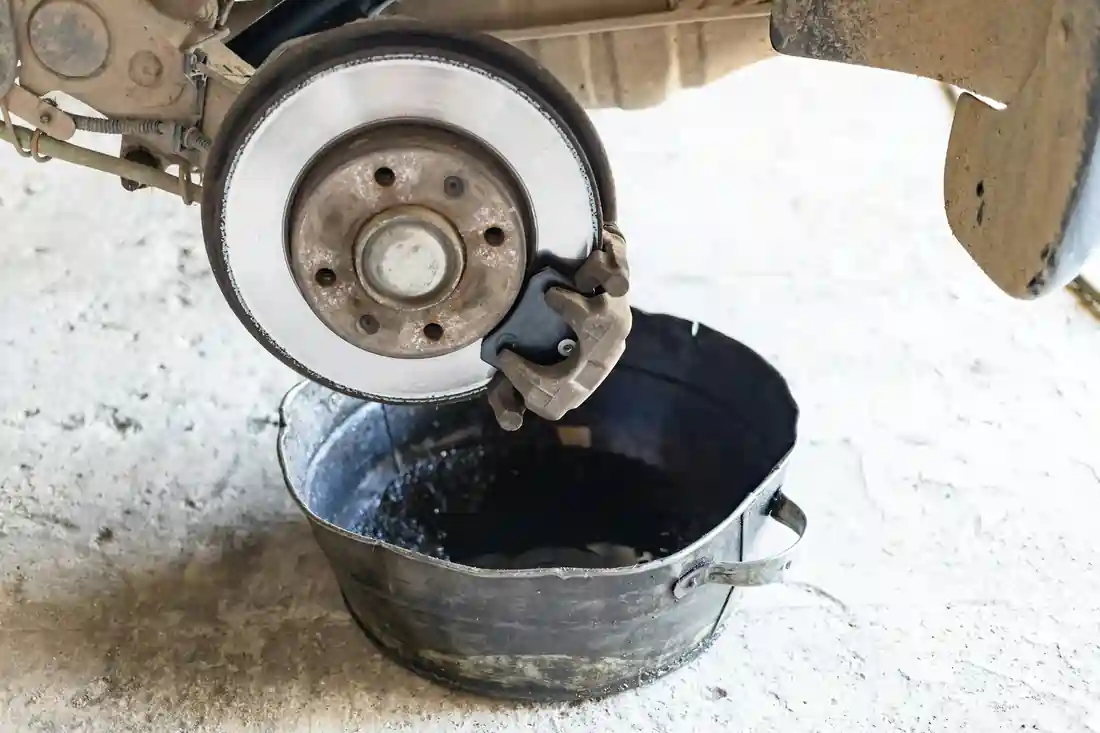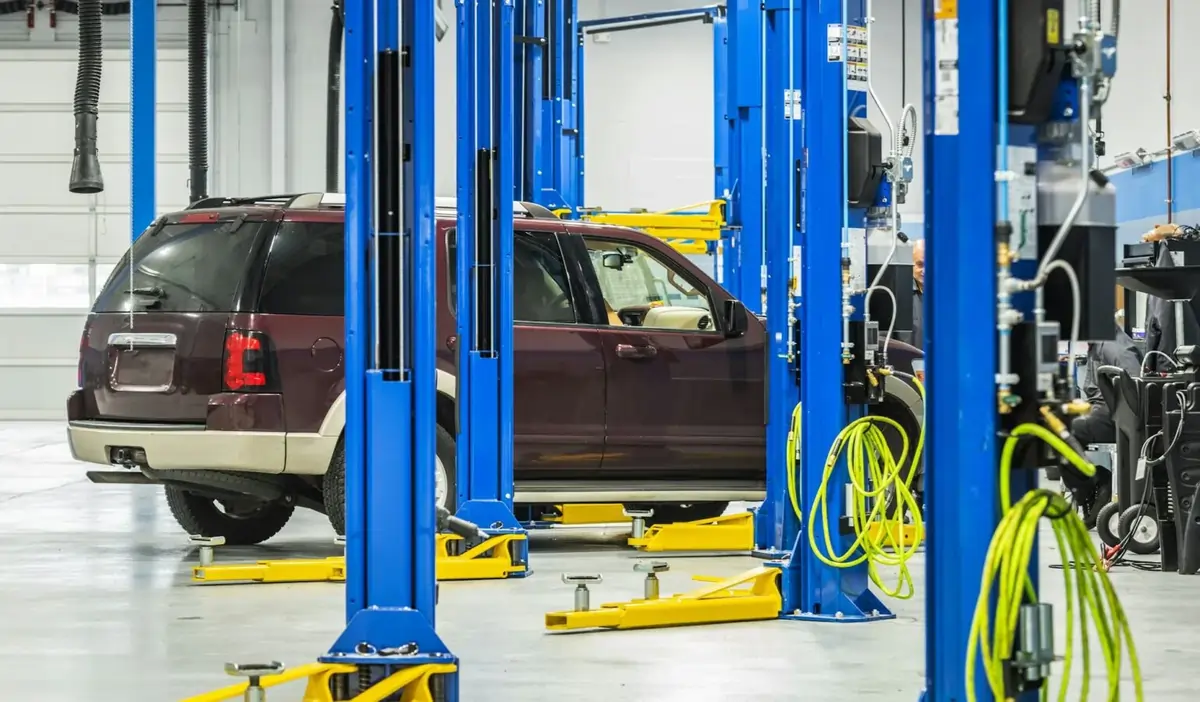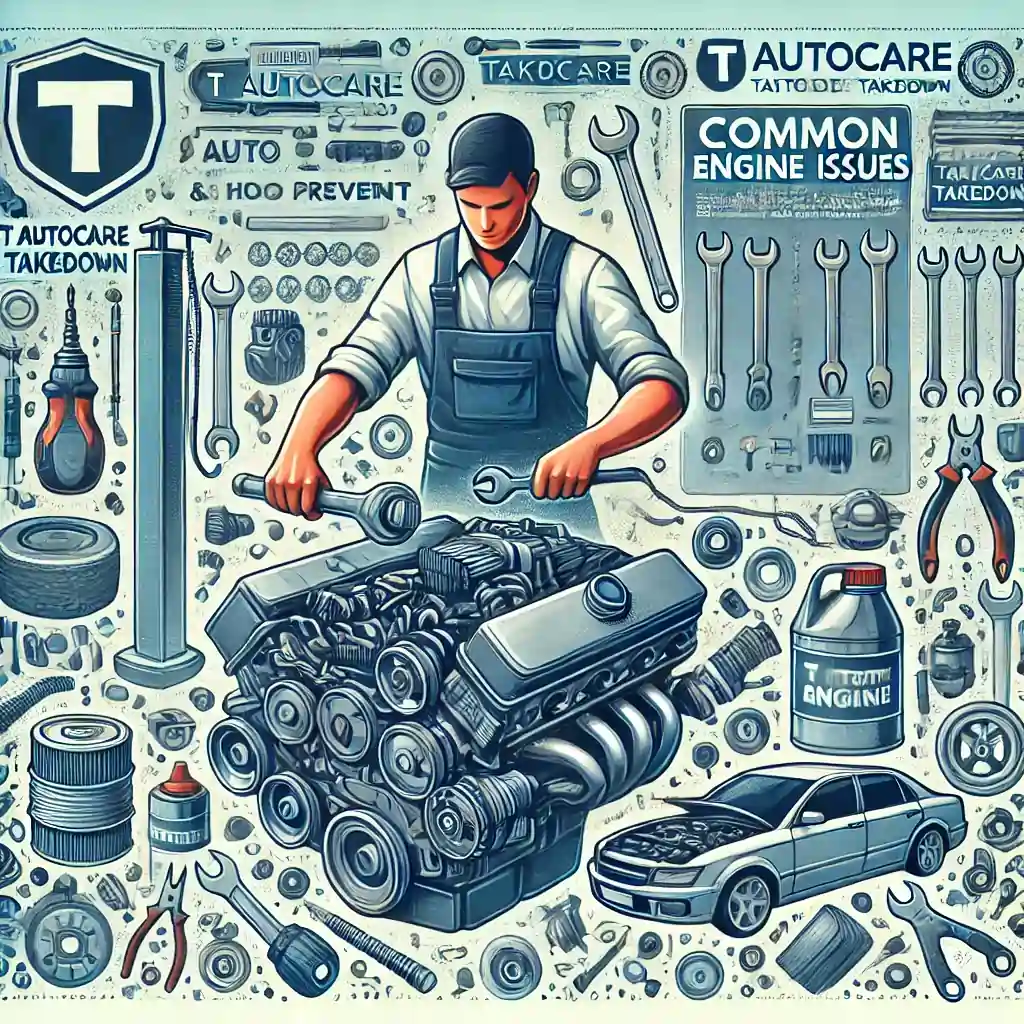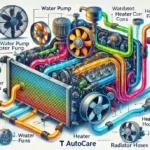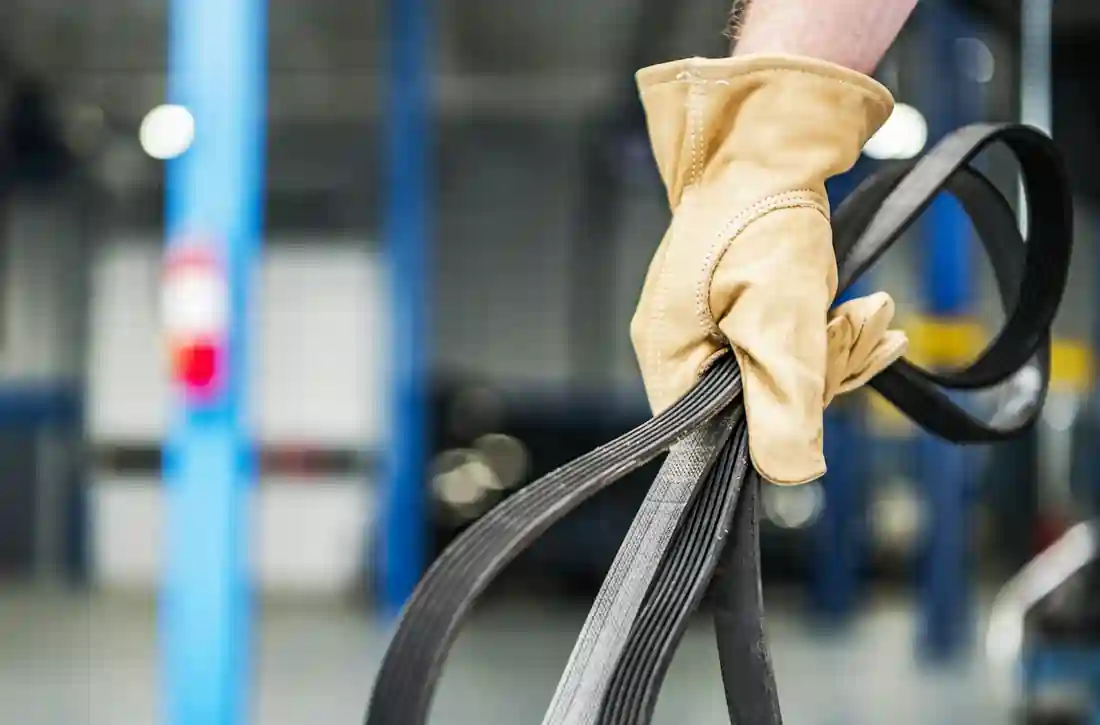One of the most crucial aspects of vehicle maintenance is regular fluid checks. These checks are not just about keeping your car in good shape; they are about ensuring your safety and the longevity of your vehicle.
At T Autocare Takedown, we believe that regular maintenance is the key to keeping your vehicle running smoothly and safely. In this blog post, we’ll delve into the benefits of regular fluid checks and why they should be a part of your routine vehicle maintenance. For more tips on budgeting for these essential services, check out our guide on creating a car maintenance budget to help you save money in the long run.
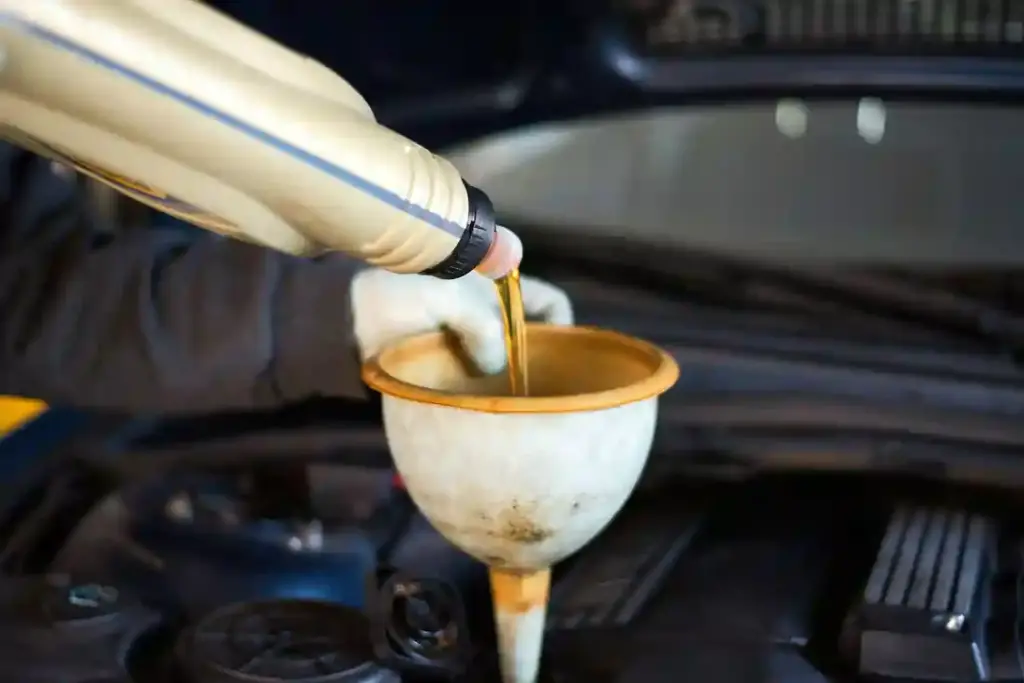
The Role of Fluids in Your Vehicle
Your vehicle relies on several essential fluids to keep its systems running smoothly. Each fluid has a specific function, helping to ensure your car operates safely and efficiently. Below is a closer look at each type of fluid and why regular checks are crucial for your vehicle’s health.
Engine Oil: The Heart of Lubrication
Engine oil plays a key role in protecting the engine. It lubricates the engine’s moving parts, reducing friction and helping to prevent the engine from overheating. By keeping the engine oil at the proper level and regularly changing it, you ensure your engine stays cool and operates efficiently.
For more on regular oil changes, check out our Oil Change Services in Broken Arrow.
Coolant: Regulating Engine Temperature
Coolant, or antifreeze, helps regulate your engine’s temperature, preventing it from overheating in hot weather or freezing in cold conditions. Without enough coolant, your engine is at risk of severe damage.
Learn more about keeping your cooling system in top condition with our Coolant Flush & Refill Services.
Transmission Fluid: Smooth Shifting and Cooling
Transmission fluid ensures that gear shifts happen smoothly and keeps the transmission system from overheating. Without enough transmission fluid, shifting gears could become rough, and your transmission could overheat, leading to costly repairs. If you’re experiencing transmission issues, see our Transmission Services for professional help.
Brake Fluid: Essential for Safe Stopping
Brake fluid is critical for your braking system. It transmits the hydraulic force needed for effective braking, allowing you to stop safely when you press the brake pedal. Low brake fluid can lead to a spongy brake pedal and, ultimately, brake failure.
For a thorough check, consider our Brake Inspection Services.
Power Steering Fluid: Smooth and Easy Steering
Power steering fluid makes turning the wheel easier, providing you with smooth and responsive steering. Without enough power steering fluid, steering can become difficult, and you may hear strange noises when turning.
For more on steering maintenance, see our Steering & Suspension Services.
Windshield Washer Fluid: Clear Visibility for Safe Driving
Windshield washer fluid keeps your windshield clean, ensuring visibility, especially in poor weather conditions. A clear windshield is crucial for safe driving, especially when dealing with dirt, rain, or snow.
For more visibility tips, read our guide on Improving Night Driving Visibility.
Each of these fluids plays a vital role in maintaining your vehicle’s health and ensuring its optimal performance.
Importance of Regular Fluid Checks
Maintaining your vehicle’s fluids is one of the simplest ways to ensure it performs at its best. Each fluid supports a different system in your vehicle, from the engine to the brakes, and contributes to its longevity and safety.
Ensuring Optimal Performance
Proper fluid levels are essential for your vehicle’s peak performance. Low or degraded fluids can reduce efficiency, increase wear on parts, and make your car feel less responsive. By routinely checking and topping off your fluids, you keep your vehicle running smoothly and reduce the risk of unexpected breakdowns.
If you’re unsure of which services to prioritize, check out our comprehensive Maintenance Services.
Preventing Engine Damage
Engine oil and coolant are particularly important for managing engine temperature and lubrication. When oil levels are low or coolant is old, your engine is at risk of overheating, which can lead to serious engine damage. Regularly checking these fluids helps catch potential issues before they escalate, saving you from costly repairs.
To understand the impact of low fluids, see our article on Understanding Oil Leaks, or learn about Engine Repair Services for comprehensive support.
Extending Vehicle Lifespan
Keeping fluids clean and at optimal levels can significantly extend the lifespan of your car. Essential fluids, like transmission fluid and brake fluid, reduce the strain on various components and keep parts working together smoothly. By preventing wear and tear, you enhance the durability of critical systems, which ultimately keeps your vehicle on the road longer.
For a detailed look at recommended maintenance intervals and tasks, check out our guide on Understanding Your Car’s Maintenance Schedule.
Safety Aspects of Fluid Maintenance
Fluids like brake fluid and power steering fluid are vital for your safety. Brake fluid transmits the hydraulic pressure needed for effective braking, while power steering fluid allows for smooth, controlled steering. Regular checks of these fluids ensure that your vehicle responds as expected, especially in emergency situations, keeping you and others on the road safe.
For more on brake-related safety, see our page on Brake Pad Replacement Services.
By prioritizing regular fluid checks, you protect your vehicle’s performance, safety, and longevity. Consistent maintenance allows you to drive confidently, knowing your vehicle is well-cared for and ready for the road ahead.
The Significance of Timely Fluid Changes
Regular fluid changes are essential to keeping your vehicle’s systems in top shape. Each fluid plays a critical role, and replacing them on schedule helps prevent issues that can lead to costly repairs.
Preserving Engine Health
Over time, engine oil breaks down due to constant exposure to heat and friction. Regular oil changes prevent the build-up of engine sludge, reduce wear on engine components, and maintain optimal engine performance. These steps are essential to preserving your engine’s health and avoiding unexpected repair costs.
In addition to oil changes, being aware of the signs you need a tune-up can further ensure your engine stays in peak condition. Addressing small issues early on can prevent them from becoming costly repairs. For more information on
keeping your engine running smoothly, explore our Engine Tune-Up Services.
Preventing Corrosion and Rust
Fluids like coolant, brake fluid, and transmission fluid can absorb moisture over time, which may lead to corrosion and rust in critical systems. By replacing these fluids regularly, you ensure that components like your cooling, braking, and transmission systems stay protected and function efficiently.
To learn more about protecting your vehicle from rust, visit our guide on Preventing Vehicle Rust.
Avoiding Costly Repairs
Failing to replace fluids as needed can result in expensive repairs. For example, neglecting transmission fluid changes may lead to overheating or transmission failure, often requiring a costly replacement. Staying on top of fluid maintenance helps you avoid these high expenses and keeps your vehicle running smoothly.
Check out our Transmission Services for help with fluid replacements and maintenance.
Enhancing Fuel Efficiency
Fresh, clean fluids reduce friction within your vehicle’s systems, which improves fuel efficiency. This not only saves you money on fuel but also minimizes your car’s environmental impact by reducing emissions.
For additional tips on saving fuel, explore our Fuel Efficiency Guide.
Recommended Fluid Change Intervals
Regularly changing your vehicle’s fluids is essential for maintaining its performance and longevity. While exact intervals may vary depending on your car’s make and model, here are some general guidelines to help keep each system running smoothly:
Engine Oil: Change every 5,000 to 7,500 miles, or follow the manufacturer’s recommendation. Regular oil changes prevent engine wear and help avoid costly repairs.
Learn more about our Oil Change Services in Broken Arrow.
Coolant: Replace every 60,000 to 80,000 miles or every two years. Fresh coolant keeps your engine from overheating or freezing and prevents corrosion.
Discover our Coolant Flush & Refill Services.
Transmission Fluid: Change every 60,000 to 100,000 miles to maintain smooth shifting and prevent transmission damage.
For more details, see our Transmission Services.
Brake Fluid: Consider changing every 50,000 miles or every two years. Clean brake fluid ensures responsive braking and maintains your safety on the road.
Check out our Brake Fluid Services.
Power Steering Fluid: Change every 100,000 miles or as per the vehicle manual to ensure smooth and responsive steering.
For related maintenance, visit our Steering & Suspension Services.
Following these guidelines can help you avoid potential issues and keep your vehicle in peak condition. For more detailed recommendations, consult your owner’s manual or reach out to our team for assistance.
FAQ: Fluid Maintenance for Your Vehicle
How often should I check my car’s fluids?
It’s a good practice to check your car’s fluids at least once a month or before taking long trips. Regular checks help ensure that each fluid is at the correct level, reducing the risk of breakdowns.
For a complete maintenance guide, see our article on Understanding Your Car’s Maintenance Schedule.
What are the signs that my car’s fluids need to be changed?
Signs that it may be time for a fluid change include unusual noises from the engine, reduced performance, warning lights on your dashboard, and visible leaks under your vehicle. Paying attention to these signs can prevent more significant issues down the road.
Learn more about recognizing Common Engine Issues and How to Prevent Them.
Can I check my car’s fluids myself?
Yes, many fluids, such as engine oil, coolant, and windshield washer fluid, can be checked and topped off by car owners. However, for accurate levels and to ensure proper maintenance, it’s often best to visit a professional service center.
If you’re interested in performing some DIY checks, check out our guide on Essential Tools Every Car Owner Should Have.
What happens if I ignore fluid maintenance?
Neglecting fluid maintenance can lead to issues like decreased performance, increased fuel consumption, and expensive repairs due to damage to critical systems, such as the engine or transmission. Regular fluid checks can help you avoid these costly problems and keep your car running smoothly.
For a better understanding of fluid impact, visit our Preventative Maintenance Guide.
Are there specific fluid brands I should use?
Always refer to your vehicle’s owner manual for the recommended fluid types and brands. Using the correct products helps ensure that your vehicle performs optimally and maintains its longevity. Choosing the right fluids is crucial, as using the wrong type can damage your vehicle’s systems.
For more tips, read about The Benefits of High-Quality Motor Oil.
Conclusion
Regular fluid checks are essential for maintaining your vehicle’s health, performance, and safety. By following recommended maintenance schedules and keeping each fluid at optimal levels, you can protect your car from costly repairs, extend its lifespan, and enjoy a smoother, more reliable driving experience. Prioritizing fluid maintenance not only enhances performance but also ensures you’re prepared for any road conditions.
Understanding the importance of regular fluid checks and maintenance is crucial, but knowing who to trust with these services is just as important. When it comes to caring for your vehicle, you may encounter both mechanics and technicians, each bringing unique skills to the table. Knowing the difference can help you make informed decisions about your car’s care. Learn more about the distinctions between an automotive technician vs mechanic and find the right professional to keep your vehicle in top shape.
If you’re looking for professional service, auto repair in Broken Arrow shop offers comprehensive care to keep your vehicle in top shape. Our team is dedicated to ensuring that all aspects of your car, including fluid levels and quality, are thoroughly checked and maintained, giving you peace of mind on the road.
At T Autocare Takedown, we’re here to help you with all your fluid maintenance needs. Visit us at 1501 W Detroit St, Broken Arrow, OK 74012, or give us a call at (539) 367-3738 to schedule your next fluid check. For more information about our services, check out our website T Autocare Takedown.

